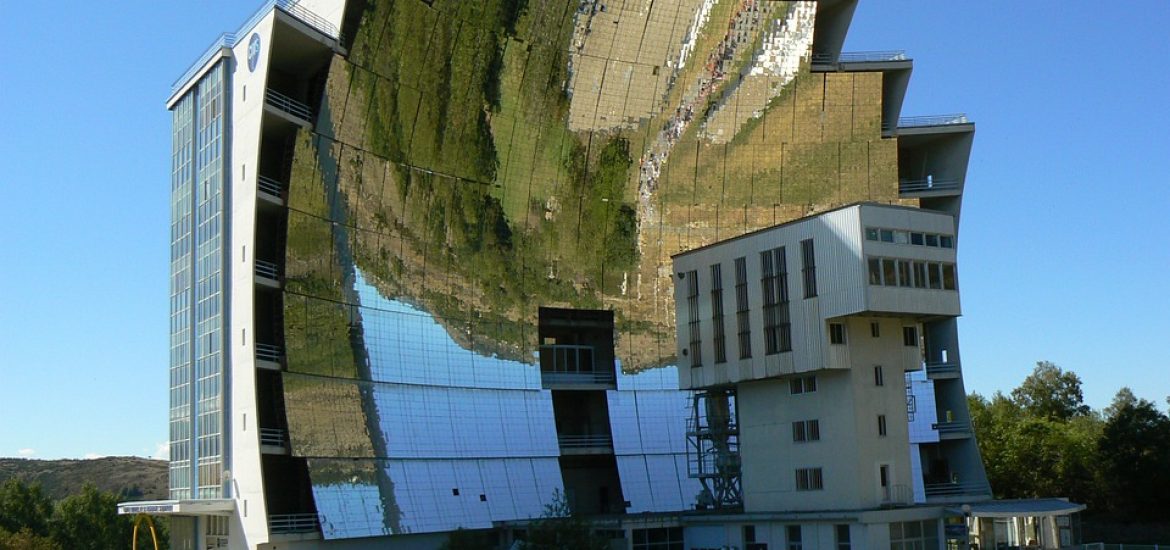
The European Parliament reportedly made progress this week on an EU bill that sets out renewable energy targets in Europe and “gap fillers” to ensure member nations meet 2030 energy and climate objectives.
Talks were held between the European “trialogue”, the commission, parliament and council, in Brussels to discuss the proposed Energy Union, ahead of a potential final meeting in June.
The bill is central to “clean energy” laws proposed by the European Commission in December 2016. It sets out a framework for achieving the EU’s energy and climate policy targets until 2030, including a strict timeline and a review mechanism to meet objectives on renewable energy and pollution.
Negotiators reportedly made progress this week on energy poverty, the internal market and energy security, which are seen as less controversial issues.
“Gap-filler” mechanisms aimed to bring countries into line when they fail to meet the EU’s assigned carbon dioxide and renewable energy targets for 2030 were also discussed. These talks were still at an “exploratory” stage, with a conclusion expected at the June talks, according to a source.
Claude Turmes, a Green MEP from Luxembourg who leads the parliamentary team, said talks needed to address three potential gaps in the 2030 objectives.
He said there was an “ambition gap” between the EU’s objectives and commitments made under the 216 Paris climate agreement;
There was a “delivery gap” where EU countries delayed or renege on commitments made by preceding governments and a “trajectory gap”, when member states delayed action until the 2030 deadline was closer.
Germany, France, Portugal and Sweden have convinced other EU countries to include intermediary targets in order to make sure the overall bloc meets its 2030 targets.
The parliament has since voted to include three renewable milestones, in 2022, 2025 and 2027.
But while MEPs backed a nearly “linear” trajectory for renewables up to 2030, member states want a “banana-shaped” curve where objectives are gradually ramped up as the 2030 deadline gets closer, Turmes told parliamentarians.
For the EU’s renewable energy objective for 2030, the parliament has backed a 35-per-cent share for renewables, up from the 27-per-cent decided by the European Council in 2014. That target is now widely regarded as outdated because of the rapid rise of wind and solar power.
“This meeting was an important milestone to take stock of progress on many issues,” Turmes said. “Differences between the council and the parliament are fewer and fewer but there are still some outstanding elements to clarify if we want to wrap up during the next trialogue: the objective of achieving a ‘net-zero carbon economy’ by 2050 being one of the most important ones.”
The European renewable sector is making rapid progress. Picture credit: MaxPixel





